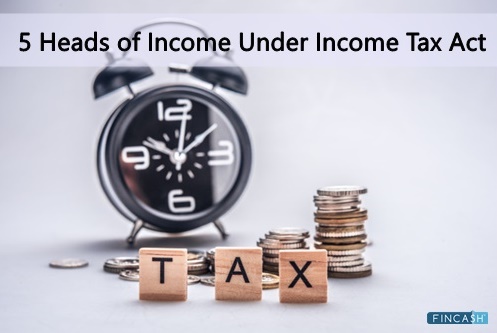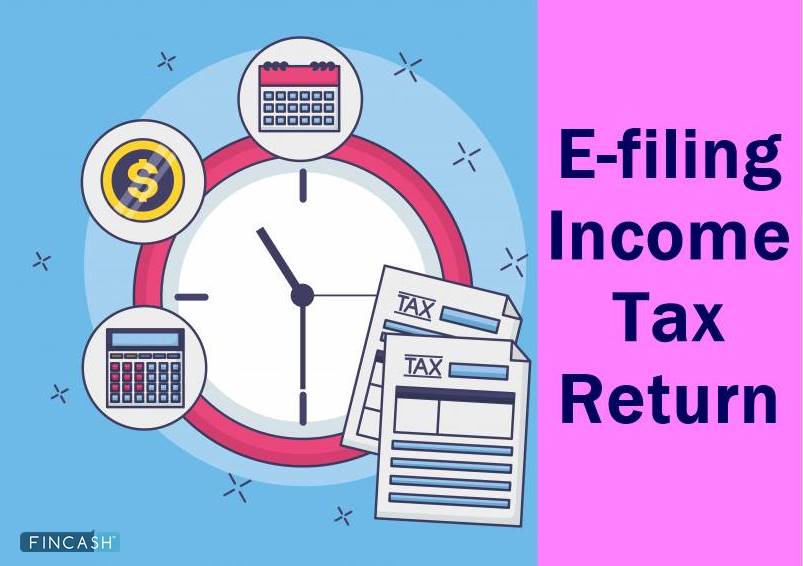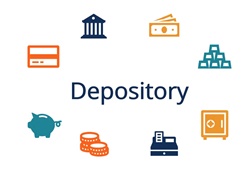Defining Fixed Income Security
Fixed-income security refers to an investment that pays a fixed interest rate over a certain period and returns the principal at maturity.

Unlike variable-income assets, which have payments that fluctuate based on some underlying measure, like the short-term interest rates, fixed-income securities have predictable costs.
Fixed Income Securities with Credit Rating
Not all Bonds are created equal, having varied credit ratings dependent on the issuer's financial soundness. Credit ratings are a component of credit-rating companies' grading system. These organizations assess the creditworthiness of corporate and government bonds and the ability of the borrowers to repay the debts. Investors benefit from credit ratings since they show the risks associated with Investing.
Bonds are classified as either investment grade or non-investment grade. Investment-grade bonds have lower interest rates than non-investment-grade bonds since solid corporations issue them with a low chance of default. Conversely, non-investment grade bonds, often known as junk or high-yield bonds, have meagre credit ratings since the corporate issuer is likely to default on its interest payments. As a result, investors often demand a higher rate of return from junk bonds in exchange for taking on the higher risk associated with these debt products.
Talk to our investment specialist
Benefits of Investing in Fixed-Income Securities
Fixed income securities are the most acceptable investment option available in the market if your Financial goals include producing consistent returns while minimizing risk. Returns on these assets may be lower than those on equities, but they are guaranteed. If you're a regular investor, investing in fixed-income securities will help you diversify your Portfolio and earn profits even when the market is volatile. This lowers the investment portfolio's total risk. Tax benefits are offered on some fixed-income assets in India, which adds to the appeal of investing in these securities.
Advantages of Investing in Fixed Income Securities
1. Consistent returns
The consistency of returns offered by fixed income instruments is one of the key advantages to look at. These securities have a fixed interest rate, their returns are more or less consistent. As a result, they're a comparable alternative to Bank savings accounts, which pay a low-interest return on your money.
2. Investment safety
Compared to equities, the invested capital in fixed income security has reduced risk. Because some of these instruments, like treasury bills and government bonds, are guaranteed by the government, the chances of them defaulting on interest and principal payments are virtually nil. Furthermore, if credit rating agencies highly regard the instrument, an investor's chances of losing money are pretty slim. As a result, fixed-income financial products are one of the safest investment options accessible.
3. Diversification of a concentrated portfolio of equities
Fixed income securities provide much-needed diversification to a concentrated portfolio of equities. It is well-known that equities provide far more significant returns than debt instruments, but the former's returns are much more volatile than the latter. It's critical to make a substantial investment in highly rated debt securities to keep your overall portfolio returns consistent.
4. Priority during liquidation
When a firm declares bankruptcy and goes into liquidation, it owes its debtors and stockholders money. However, it's possible that it won't have enough assets to cover both debts. In that circumstance, the company's lenders, who hold corporate bonds, take precedence over equity holders. This is yet another reason why fixed-income securities are regarded as a secure investment option.
Risks associated with Investing in Fixed Income Securities
1. Interest rate risk
Interest rate changes affect bond prices and, as a result, debt mutual fund returns. The bond prices lower down as interest rates rise, and vice versa.Therefore, the risk of interest rate.
2. Credit risk
Debt Mutual Funds invest in debt securities, like corporate bonds and other types of debt instruments. Credit risk occurs when the issuer of a bond or debt security fails to make timely interest and principal payments. It is advised to invest in Mutual Funds investment in securities with a good credit rating to reduce credit risk.
All efforts have been made to ensure the information provided here is accurate. However, no guarantees are made regarding correctness of data. Please verify with scheme information document before making any investment.












